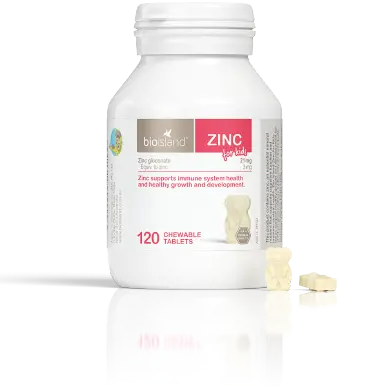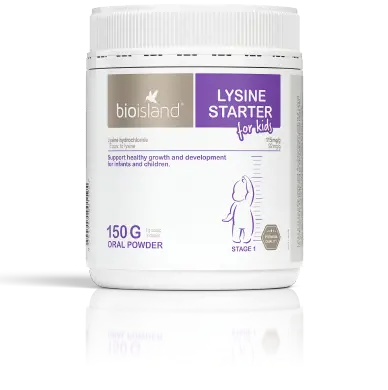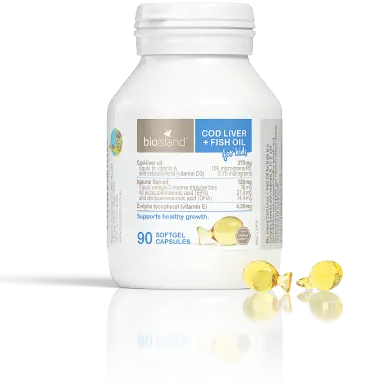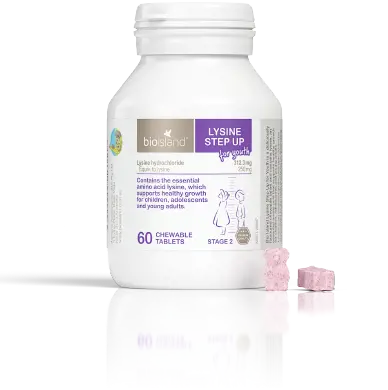
Things you may not know about your immune system
Our immune system is our protection system, and to get the job done it sometimes behaves in unusual ways.
Health Support
By Bio Island Nutrition Team
Stress can impact the immune system:
Cortisol, otherwise known as the stress hormone, can play a major role in suppressing our immune system. Cortisol is released via the kidneys and its main role is in the “fight or flight” response, it also acts as an anti – inflammatory signal. What many people don’t know is that the inflammatory response is a result of the body’s immune system trying to get rid of invading pathogens. So, when cortisol levels increase the anti-inflammatory response kicks in, which means that it temporarily switches off your immune system.
In simple terms, this means if you are highly stressed for a period there is going to be a delayed response to your immune system, which means your body will ‘crash’ and become more susceptible to illnesses, such as a common cold. Depending on what your stressors are, finding techniques to reduce the impacts of stress can help support your immune system. You could include activities such as yoga, meditation, aromatherapy or a walk a couple of times a week to reduce cortisol and keep your immune system strong.
Gut bacteria has a key role in the body’s immune response:
Approximately 80 percent of your immune system lives in your gastrointestinal tract, this is due to over 500 different species of bacteria living inside you. The immune system is the main link between our gut bacteria and their influences on our health and disease. An unbalanced bacteria flora can trigger an inflammatory response, as we are constantly being exposed to new microorganisms and our body is constantly adapting and fighting off foreign invaders.
As the immune systems role is to maintain balance between reaction and tolerance, it is important to support our gut health. A key way to support our immune system via our gut bacteria is by having probiotics in our diet. Probiotics fill our gut with good bacteria, this good bacterium then fight off the bad bacteria and restore normally function to our gut.
Lack of sleep weakens the immune system:
Sleep plays an essential role in our everyday lives. It is necessary for physical and mental health. Sleep loss impairs our immune function, and sleep is altered during infection. So when thinking about ways to help our immune system, we do need to think about our sleep. This can be by making sure we are getting enough, so around about 8 hours per night. This also means focusing on our quality of sleep.
Playing in dirt can be a good thing:
It is not an easy job restoring gut flora and the immune system, but every time your gut becomes unbalanced it is able to heal itself. Which is why we want to be continuously introducing our bodies to new bacteria at an early age. Studies have shown that introducing kids to animals and letting them play outside regularly at an early age and exposing them to naturally occurring microbes in soil will help build stronger and more disease resistant kids.
The sun can boost your immune system:
Low vitamin D levels have been linked to an increased susceptibility to infection. This is because vitamin D can turn on key peptides in your immune system that trigger a strong anti – microbial response, allowing you to quickly and effectively fight off invaders before they can develop into an infection. So how do we increase our Vitamin D? Vitamin D is obtained from the diet (try salmon, mushrooms or eggs) or it is synthesised in the skin (try getting a little bit of sun everyday).






